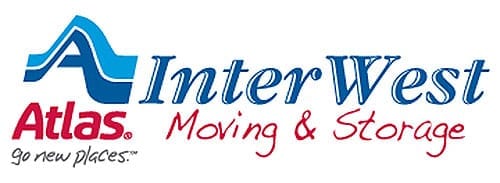From water damage to broken china, accidents during moving occur more regularly than you would imagine. Moving insurance offers partial or complete coverage for your items during transportation. The coverage can protect against unforeseen events like natural disasters, fire, and accidental damage. Although transportation companies can’t sell insurance, federal law requires them to offer a goods valuation.
Here we give you a low-down on the information you will need to make the right decisions to protect your belongings during transit.
Moving insurance
There are several ways to protect your belongings. Moving companies offer valuation, which covers a small portion of the damage without reimbursing you for the total replacement cost. However, valuation isn’t insurance, and you must seek third-party options for complete coverage.
Valuation and its types
An insurance policy can cover a variety of damage during the move. Valuation is the liability a moving company takes on if they damage your belongings during transit. However, valuation offers only a limited reimbursement for each item.
There are two types of valuation:
- Released value protection (RVP): It offers coverage of up to $0.60 per pound in weight without covering the item’s total market value. A reputable company will provide RVP with a standard moving package.
- Full-value protection (FVP): It provides complete coverage for your entire inventory. The company will either repair or replace broken items or offer a cash settlement equal to the item’s market value. However, FVP doesn’t cover items of extraordinary value (more than $100 per pound).
Exclusions: Valuation does not cover damage caused by reasons that are beyond the moving company’s control, like earthquakes, floods, fires, and other natural disasters.
A moving company can limit its liability in the following cases:
- When you pack your belongings yourself, instead of having the movers pack them for you.
- If you fail to report lost or damaged items immediately after the move.
- If you don’t specify items of extraordinary value before the move.
- If you pack dangerous materials without notifying the mover.
Third-party insurance
Home insurance doesn’t always cover goods in transit. However, some policies can protect your household goods while the movers are packing them within your premises. For additional coverage, you will have to purchase third-party insurance.
Third-party insurance will offer complete coverage for your items up to the product’s full market value. For example, for an item valued at $1 per pound, if basic valuation covers only $0.60, third-party insurance can help make up the $0.40 difference. Third-party insurance is ideal for valuable art, jewelry, and expensive furniture.
About InterWest Moving & Storage
InterWest Moving & Storage, an agent of Atlas Van Lines, has been delivering high-quality transportation services to our customers since 1956. Apart from residential packing and moving, we also provide domestic and international corporate, art and government relocation services. You can call our toll-free number (800) 877-1091 to book your services and get a free quote.



